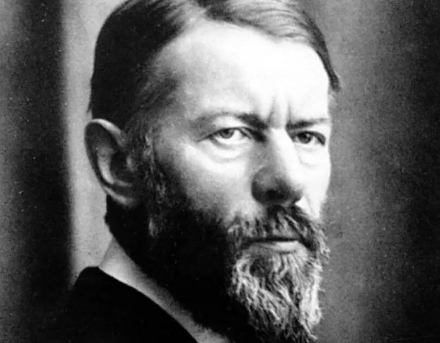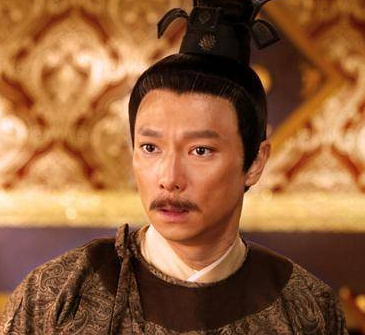Max Weber, a German sociologist from the late 19th century to the early 20th century, made extensive and profound theoretical contributions, especially in the fields of sociology and management. The core concepts of his theories include "rationalization" and "bureaucracy," which still have significant reference value in modern social analysis. Rationalization is a key concept in Weber's theory. He believed that the modernization process of Western society was a process of rationalization, shifting from traditional, emotionally and habitually based behavior patterns to behavior patterns based on rational calculation and efficiency. This rationalization is not only reflected in the economic field, but also permeates various fields such as politics, law, and culture. Weber emphasized that rationalization brought efficiency and order, but it could also lead to the suppression of personal freedom and creativity. Bureaucracy is another crucial concept in Weber's theory. He pointed out that with the rationalization of society, bureaucracy, as a special organizational form, has become a primary feature of modern society. Bureaucracy is a management system based on rules and procedures, achieving efficient organization operation through clear division of authority, strict discipline, and professionalized personnel. Weber believed that while bureaucracy enhanced organizational efficiency, it could also lead to bureaucratism, inflexibility, and a lack of innovative capabilities. Weber's theories have had a profound impact on later sociologists and management scholars. His concepts of rationalization and bureaucracy have been widely applied in research in organizational theory, management, and social change. At the same time, Weber's theories have also sparked criticisms and reflections on rationalization and bureaucracy in modern society, providing a theoretical basis for exploring more humanized and efficient social organizational forms. In summary, Max Weber's theoretical contributions are primarily reflected in his in-depth analysis of rationalization and bureaucracy. These theories not only provide powerful tools for us to understand the operating mechanisms of modern society, but also offer important insights for thinking about the problems and challenges faced by modern society. Through studying and researching Weber's theories, we can better understand and respond to the complexity and diversity of modern society.

Disclaimer: The above content is sourced from the internet and the copyright belongs to the original author. If there is any infringement of your original copyright, please inform us and we will delete the relevant content as soon as possible.






























